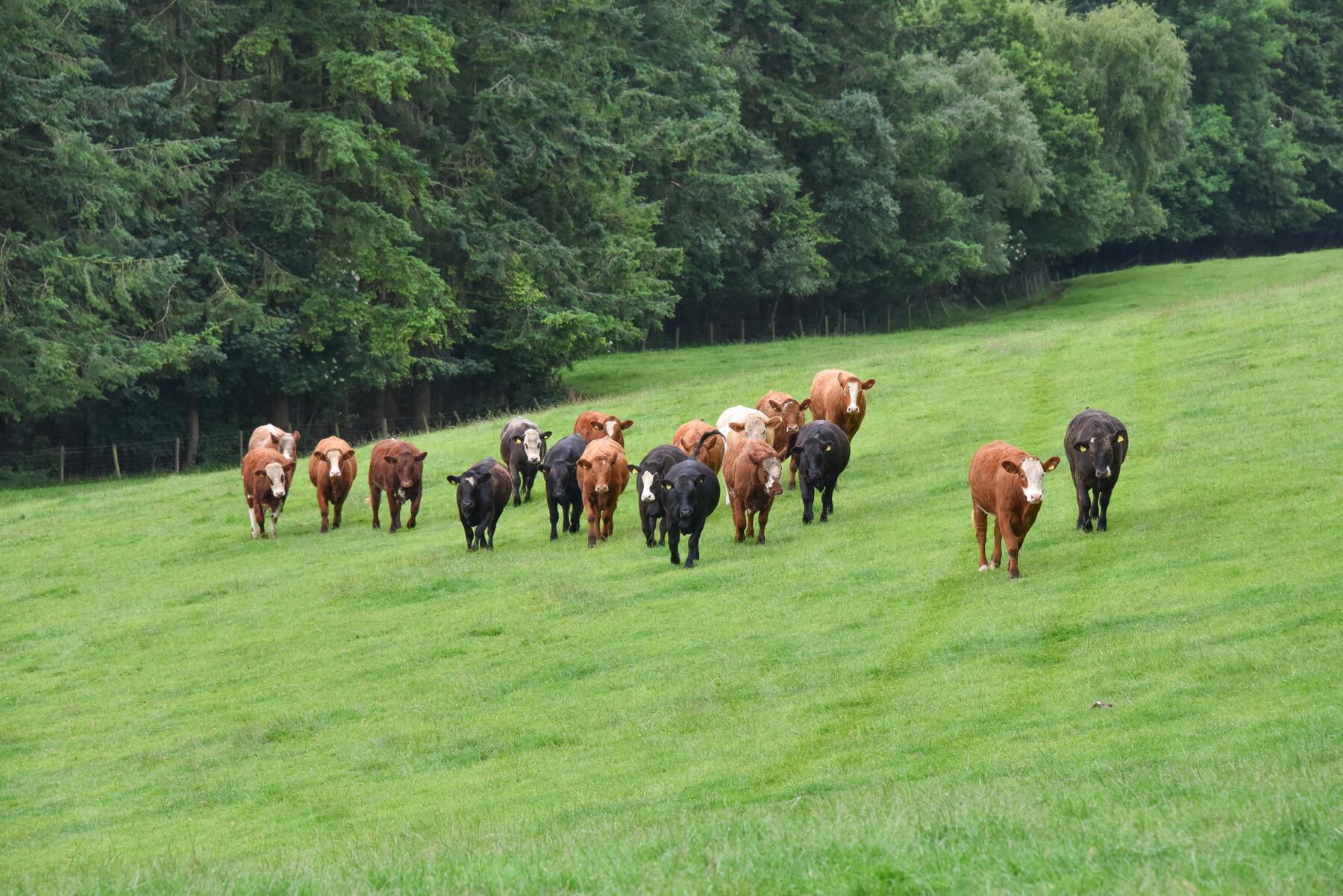Work by the industry has seen the shelf life of PGI Welsh lamb increase to an average of 36.5 days in 2020–21, despite set-backs and disruption caused by the COVID-19 pandemic.
The progress comes on top of a 16% improvement in 2019–20 – previously, shelf life figures ranged from about 21 to 28 days.
Meat Promotion Wales attributed the improvements to better communication within the meat supply chain, facilitated by collaboration with processors in recent months to hold virtual workshops with farmers to discuss best practice.
Shortages and delays
The need to improve shelf life of meat products has become more apparent as driver shortages and delays at the ports risk products passing their use-by dates before hitting supermarket shelves.
Industry development and relations manager John Richards said: “The shelf life figure varies somewhat between different cuts – some products now have a shelf life of significantly longer than a month, which is a great help in attracting new export customers.”
“But extending shelf life also helps in being able to achieve a consistent year-round supply to retailers in Britain, so it’s doubly pleasing to see this continued improvement”
Improving shelf life
This year has seen a number of interested parties researching ways to increase the shelf life of meat products.
In February, research group Campden BRI launched a project to potentially extend meat shelf life and reduce food waste.
The move followed extensive work by the Chilled Foods Association and partners for the Sustainable Shelf-Life Extension project. It also comes after the default shelf-life for vacuum-packed/modified-atmosphere-packaged red meat products was extended to 13 days, based on a report from FSA sub-group the Advisory Committee on the Microbiological Safety of Food.
Meanwhile, onion skins could be effective in extending the shelf life of fresh fish, researchers at the University of Florida have found.





